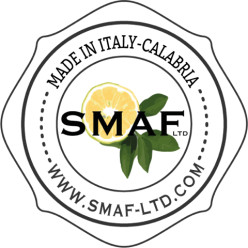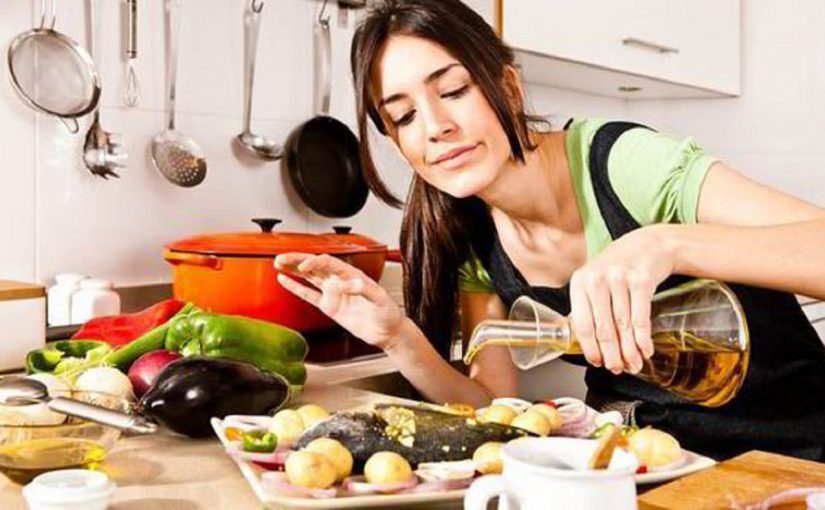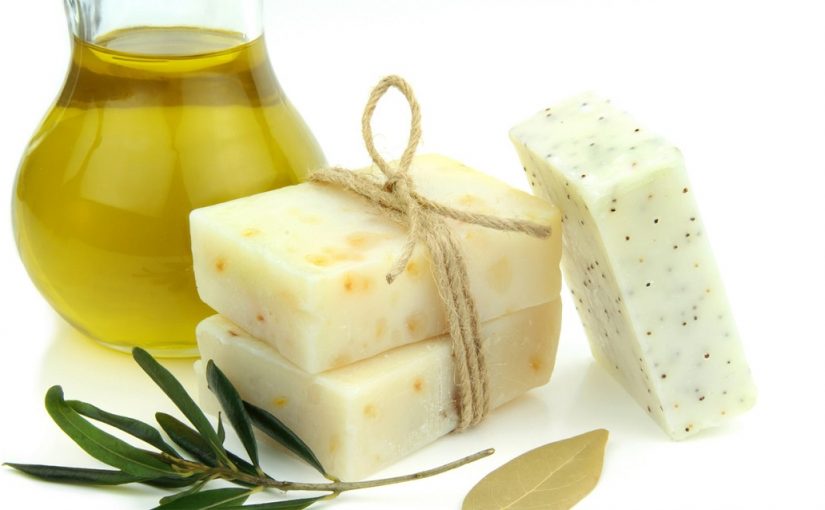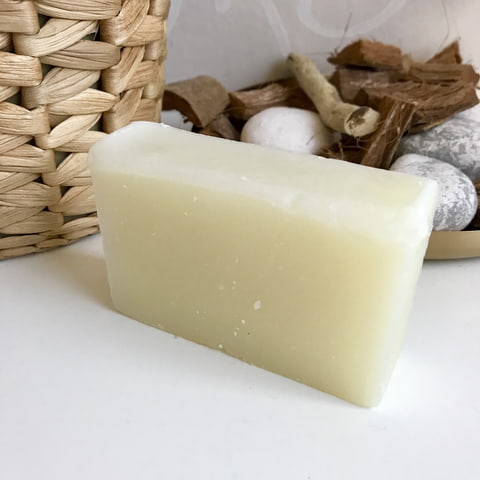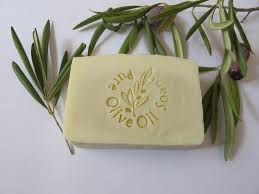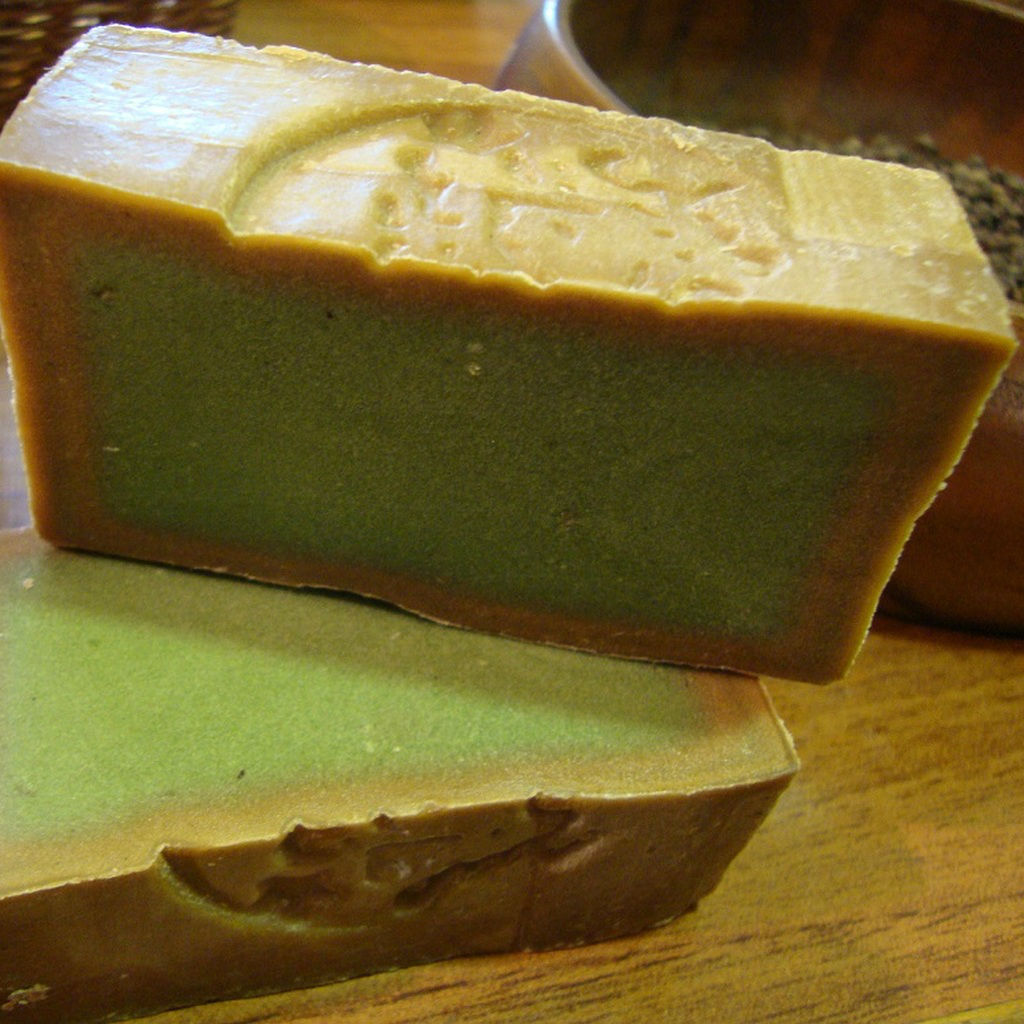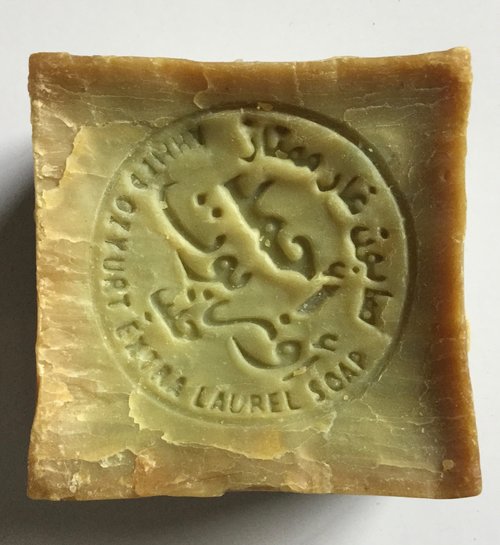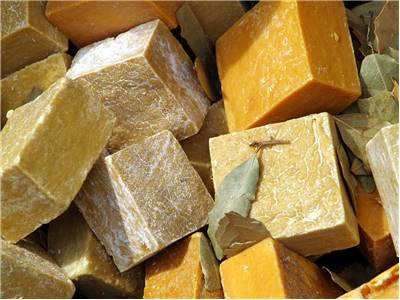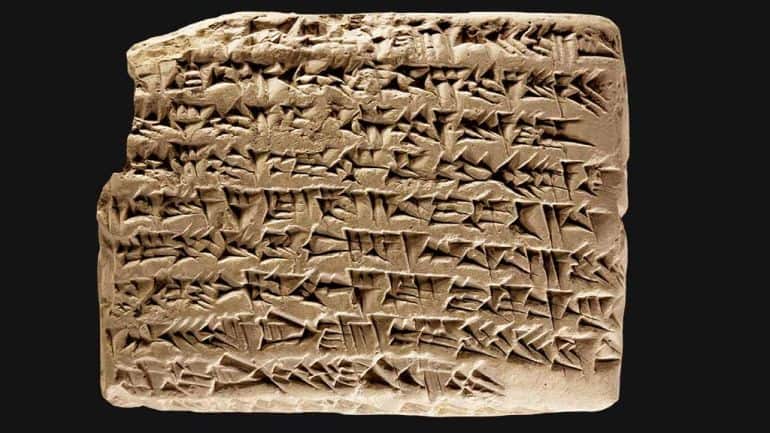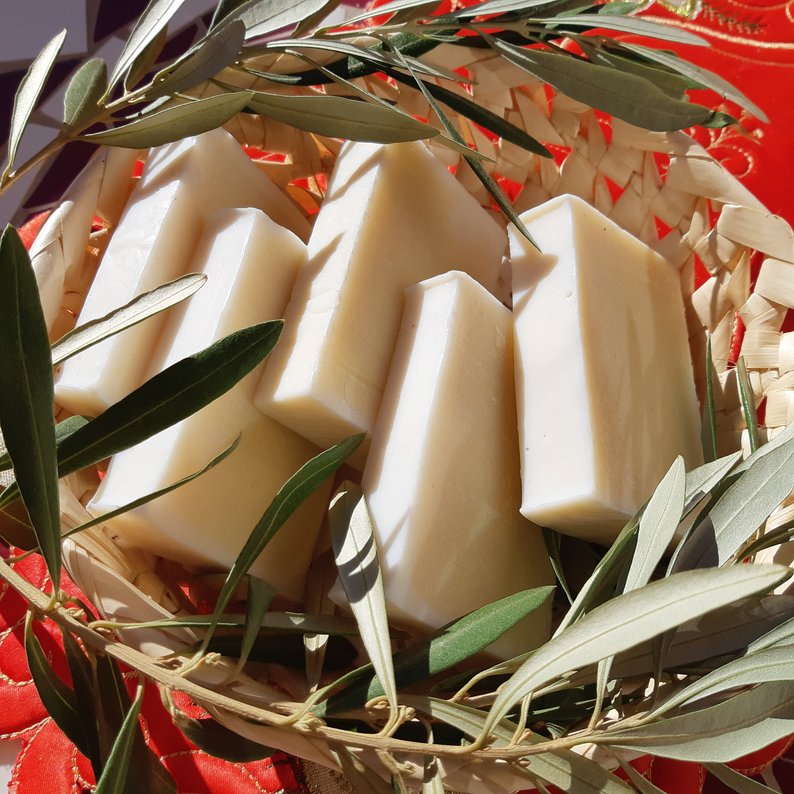22.6.2019
EXTRA VIRGIN OLIVE OIL, INSTRUCTIONS FOR USE
The purchase of olive oil is often among the most difficult quotidian activities of housewifes and of everyone who loves the good cuisine.
We do not always have the opportunity to meet and know personally a producer or have an olive oil mill in our neighborhood. This explains why many of us are forced to turn to the large-scale retail trade, with all the pitfalls and possible frauds that involve this product in particular.
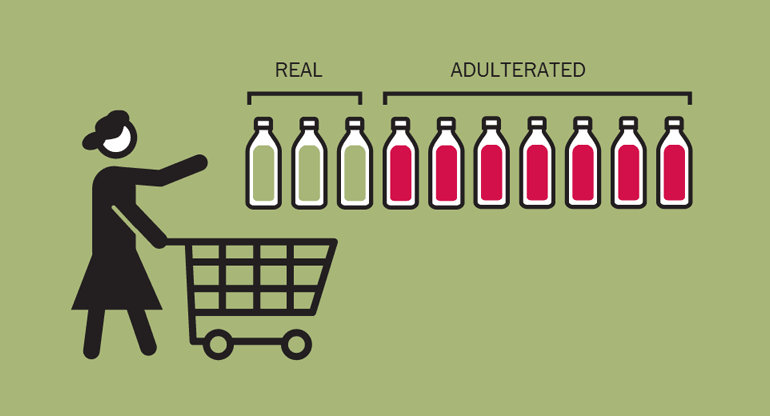
Let’s try then to understand how to defend ourselves from fraud or counterfeiting and above all to add some tools that allow us to choose a good oil, clean, fair and above all healthy.
Meanwhile, we refer you to the following technical notes that help us understand what we mean, in Calabria, with the expression “first cold pressed”.
- “First pressed” – means the olives were crushed and pressed only one time. The olive oil extracted from the first pressing is of the highest quality and purity.
- “Cold pressed” – means that the olives never exceed a certain temperature during the entire pressing process– around 80 degrees Fahrenheit.
Only a first cold pressed olive oil can meet high standards of quality, because purity of oil increases only following such process.
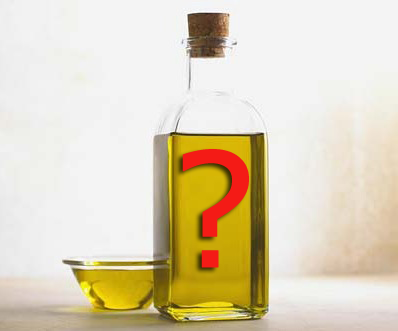
PRICE
This year (2019), a real 1 Lt bottle of 100%-Italian extra virgin olive oil should not cost less than 8 euros. Below this figure it is legitimate to doubt about origin and quality.
If you follow such guidance and instructions, then there are no offers, promotions and below costs, which can be included in the definition of EVO.
Therefore, watch out for the harvest year which, if present, reveals that all the olives with which the oil was made were harvested in the same year.
HOW TO DETERMINE THE PRICE:
Olive grower receives 4.7 euros for a kilo of oil.
The wholesale price then rises to 5.5 euros.
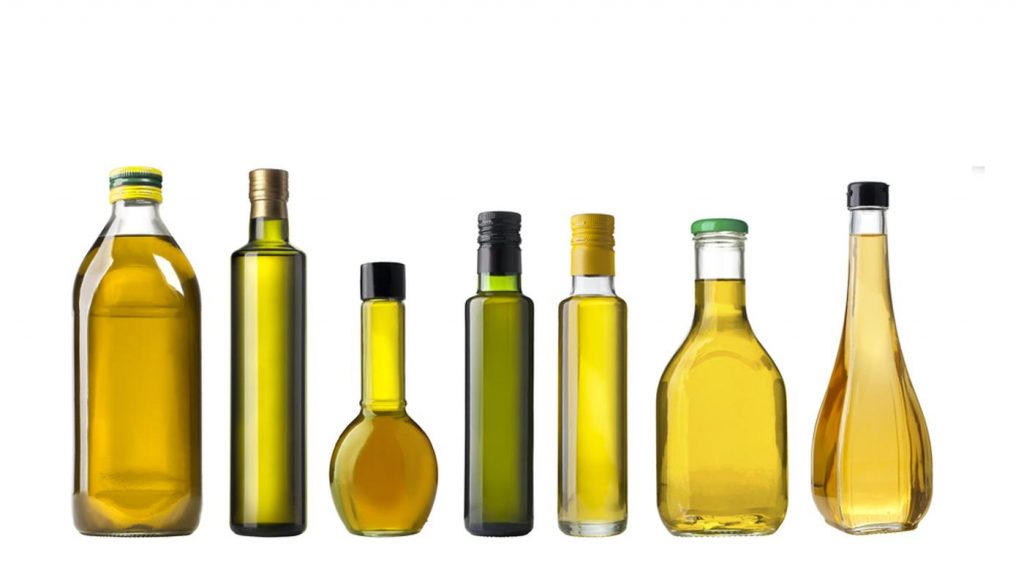
Once worked by the olive oil industry the cost rises to 6.67 euros which includes: VAT, salaries of those who work there, marketing and bottle.
Please, add also the profit of the industry which is around 4% and the GDO margin, on average 15%
The final price therefore comes to around 8 euros. Lower prices are, sadly, only Community blends, potentially frauding!!
FRAUDS
According to a well known research of Mr. Gennaro Sicolo, president of Italia Ovicola (an organization that involves 50% of olive growers in Italy), about one bottle out of two of extra virgin olive oil contains deodorized oils that are then mixed with Italian oils to give it a bit of flavor and reach the basic chemical and organoleptic parameters to be labeled as extra virgin.
“After two months on the shelf these oils in the panel test can be considered as adulterated,” explains Gennaro Sicolo.
But how is this scam happens?
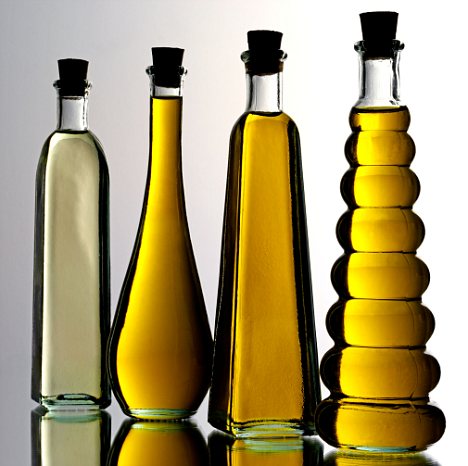
In Italy the olives are harvested between September and October at the right point of ripeness, with a yield of 10 – 13 kg of oil per quintal of olives.
In Spain and Tunisia the harvest begins in January, when the raw material is very mature, in order to have a greater yield. But from a very ripe olive an acid oil is born, so that to remedy it is mixed with a bit of 100% Italian so as to obtain a light fruity that recalls the normal smell and taste of extra Virgin olive oil.
The price of such blend?
Wholesale these deodorized oil lots cost around 2.2-2.4 euros per liter, but to the consumer a mixture of such European community oils costs at least 5 euros … And here this lower price reveal itself as an indicator (certainly not the only one) if not of quality, of the absence of quality!!
